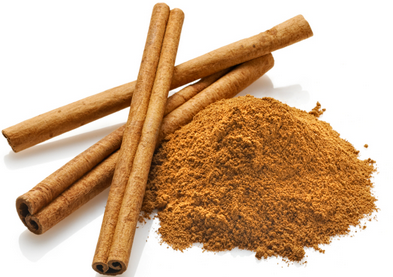L-Carnitine is a naturally occurring amino acid that is essential for the proper functioning of the body. It is synthesized in the liver and kidneys and is found in high concentrations in muscle tissue. L-Carnitine plays a vital role in the transportation of fatty acids into the mitochondria, the energy-producing organelles in the cells, where they can be used as fuel for the body.
L-Carnitine has been the subject of numerous studies, and researchers have found that it has a wide range of health benefits. It is often used as a dietary supplement to enhance athletic performance, improve cognitive function, and support weight loss.
One of the most well-known benefits of L-Carnitine is its ability to improve athletic performance. Research has shown that L-Carnitine can enhance endurance by increasing the use of fatty acids as a source of energy during exercise. This results in improved energy levels, reduced fatigue, and increased stamina.
L-Carnitine is also believed to have cognitive benefits. Studies have found that L-Carnitine can improve memory, attention, and overall cognitive function in both healthy individuals and those with cognitive impairments. It is believed that L-Carnitine may improve brain function by increasing the availability of energy to the brain and by protecting against oxidative stress.
L-Carnitine is also popular for its weight loss benefits. Research has shown that L-Carnitine can help reduce body fat by increasing the use of fatty acids as a source of energy. It is believed that L-Carnitine may also reduce appetite and promote the conversion of fat into energy, which can lead to improved weight management.
L-Carnitine has also been found to have beneficial effects on cardiovascular health. Studies have shown that L-Carnitine can reduce the risk of heart disease by reducing inflammation and improving lipid metabolism. It is also believed that L-Carnitine may improve blood flow and reduce the risk of arterial plaque buildup.
L-Carnitine is available in a variety of forms, including supplements, powders, and energy drinks. It is generally considered safe when used as directed, but it may interact with certain medications or have adverse effects in some individuals. It is important to speak with a healthcare provider before starting any new supplement regimen.
In conclusion, L-Carnitine is a versatile and powerful amino acid that plays a vital role in the body’s energy metabolism. It has been found to have numerous health benefits, including improved athletic performance, cognitive function, weight loss, and cardiovascular health. While more research is needed to fully understand the potential benefits and risks of L-Carnitine, it is a promising supplement that is worth further exploration.






